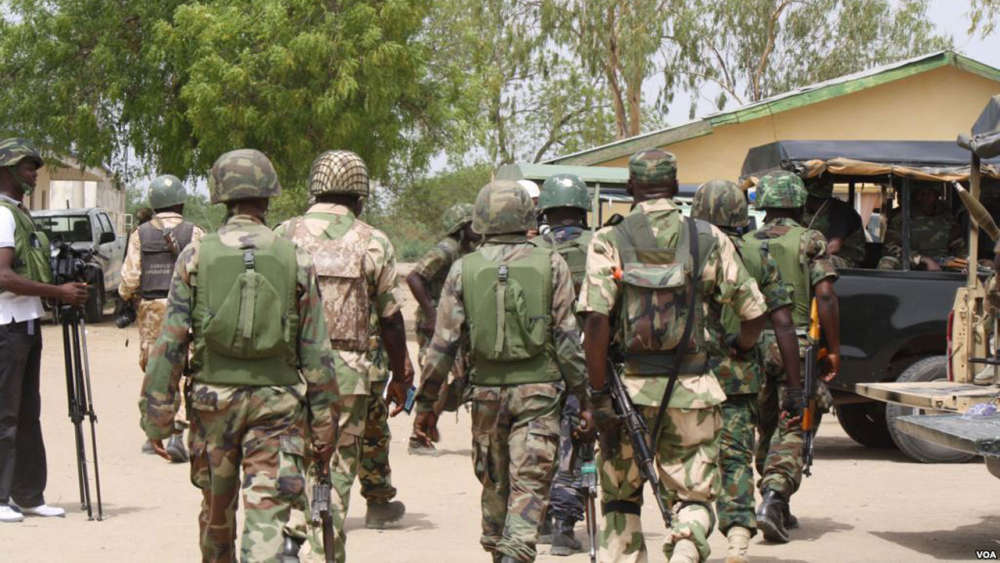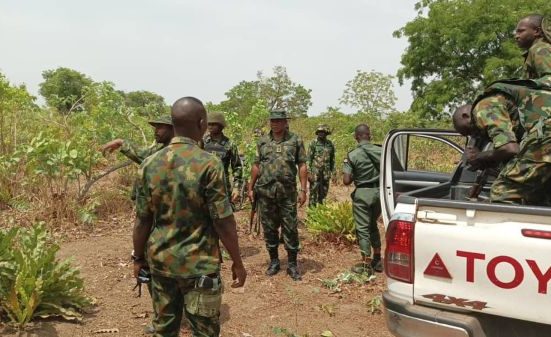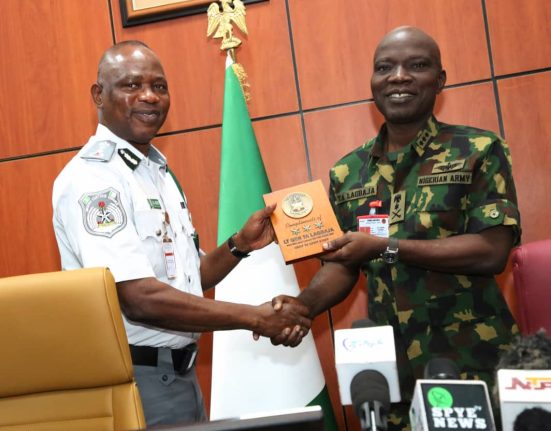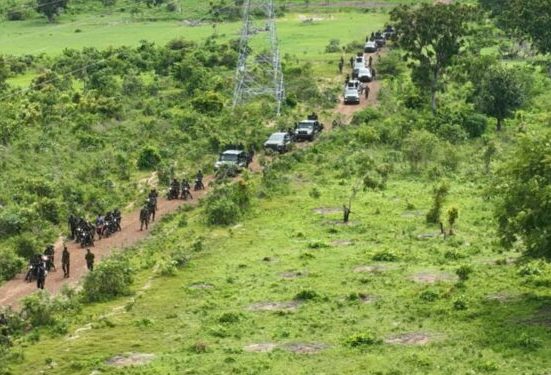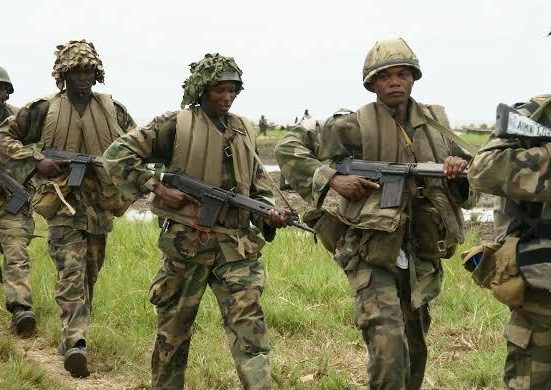The Nigerian Army has graduated 604 specially trained personnel under its intensive combat readiness programme, Exercise Restore Hope, in a bid to reinforce national security and enhance operational capacity in conflict-prone areas across the country.
The rigorous six-month training, which concluded this week at the Nigerian Army Military Training Centre in Kachia, Kaduna State, focused on both kinetic and non-kinetic warfare techniques. It is part of a strategic effort by the military to respond more effectively to evolving security threats facing the nation.
Speaking at the graduation ceremony on Tuesday, the Chief of Army Staff, Lieutenant General Olufemi Oluyede, commended the trainees for their resilience and professionalism throughout the demanding programme. Represented at the event by the General Officer Commanding 1 Division of the Nigerian Army, Major General Mayirenso Saraso, the Army Chief described the exercise as a key component of the military’s broader reform and capacity-building agenda.
Oluyede revealed that the 604 participants were carefully selected from various units and formations of the Army, having shown potential for advanced field operations. He noted that they would soon be deployed to critical security hotspots to reinforce existing troops and enhance mission effectiveness.
“The soldiers have been equipped with advanced combat techniques such as precision marksmanship, tactical manoeuvres, weapon handling, and intelligence-led operations. These are not ordinary troops — they have received mission-specific training aimed at achieving superior outcomes in theatres of operation,” the COAS said.
He added that the special forces exhibited outstanding performance during the course of their training, particularly in areas requiring cohesion, agility, and strategic engagement. According to him, Exercise Restore Hope has evolved into a biannual fixture in the Army’s training calendar, focused on delivering highly skilled, adaptable, and disciplined forces capable of executing complex security assignments.
“The upgraded training model goes far beyond the standard curriculum. It prepares soldiers for real-world challenges, enabling them to confront insurgency, terrorism, banditry, and other internal security threats head-on,” Oluyede remarked.
He assured Nigerians that the deployment of the newly graduated Special Forces would translate to improved outcomes in operational theatres, contributing meaningfully to the Army’s overall effectiveness and the nation’s security architecture.
“The ultimate goal is to ensure that our armed forces are not only reactive but also proactive in maintaining peace and security. The success of this programme brings us closer to that objective,” he concluded.

